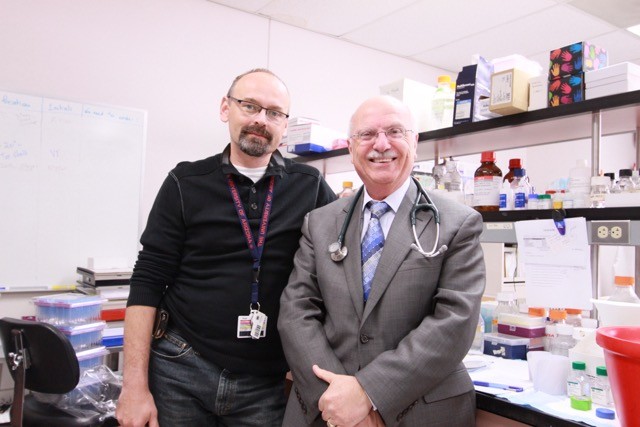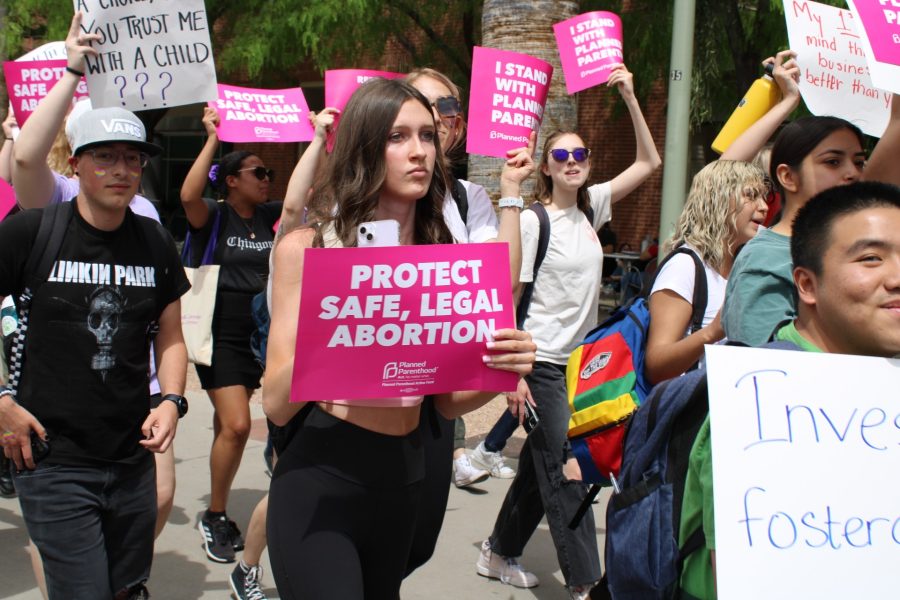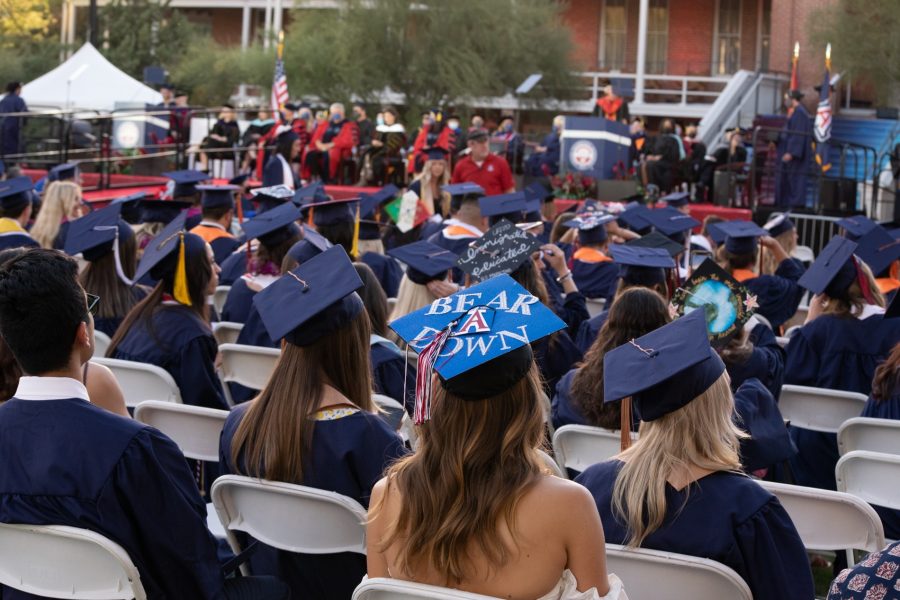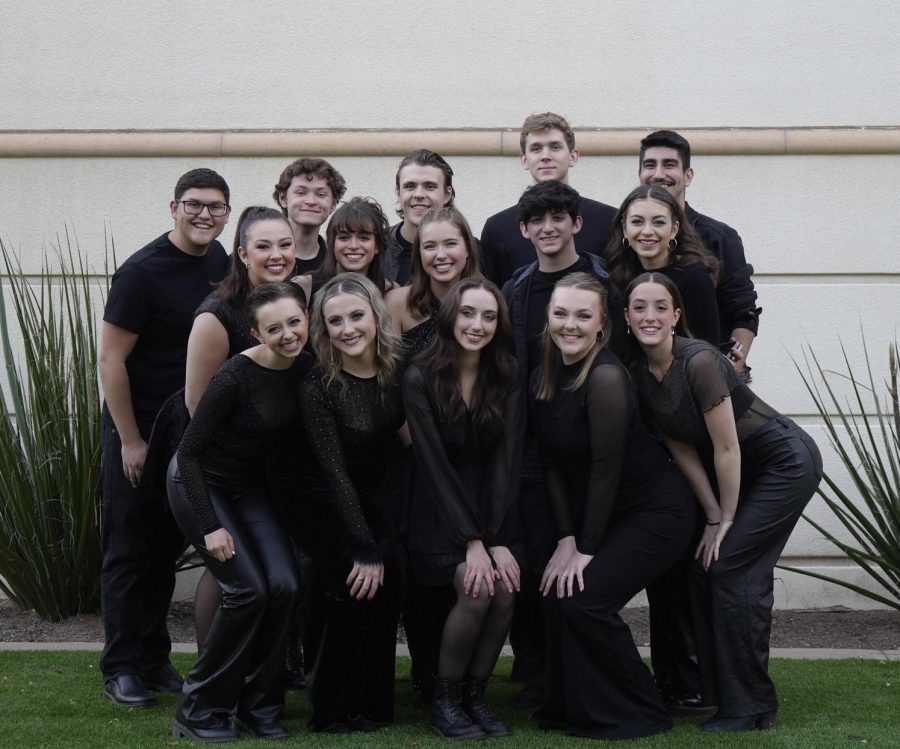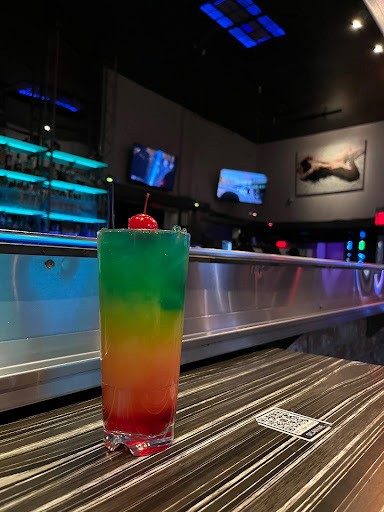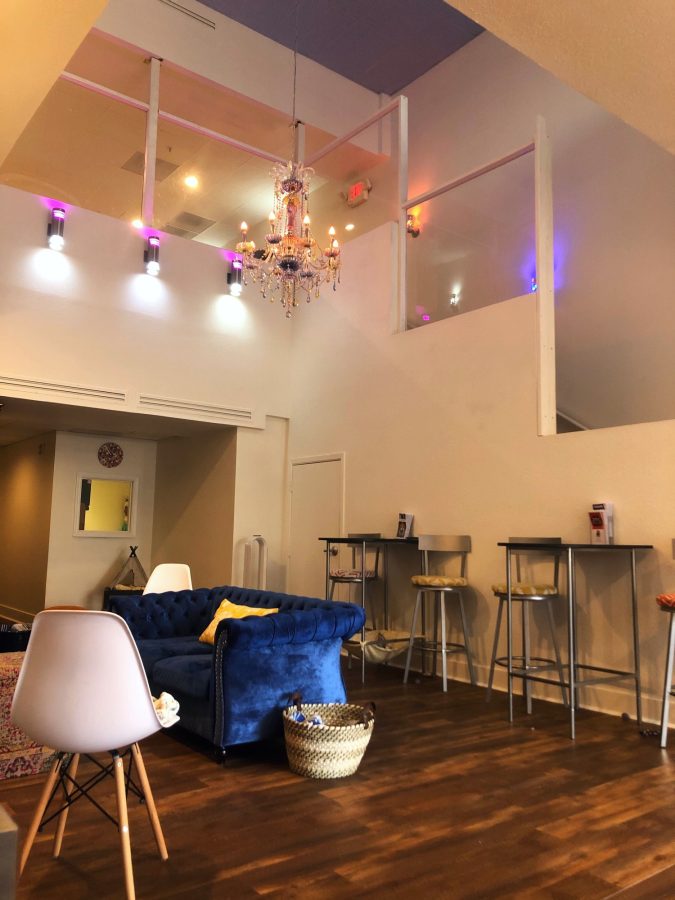The UA Steele Children’s Research Center received $780,000 to conduct both basic laboratory and clinical research with patients for an often-misdiagnosed and little-known disorder: children’s postinfectious autoimmune encephalopathy.
For most children, diagnosis with a streptococcal infection, more commonly known as strep throat, means a week in bed with a fever— and then moving on with their lives. But for an estimated 1.8 to 2.9 million children in the United States, strep is only the beginning, according to a UA news release.
These children have children’s postinfectious autoimmune encephalopathy, a condition which causes a spectrum of autoimmune disorders that occur when a child’s immune system mistakenly attacks the brain instead of an infection. CPAE causes a range of symptoms, according to Maureen Galindo, a genetics nurse working on the clinical research team.
“This condition is a neuropsychiatric condition that usually has an onset after an infection,” Galindo said. “CPAE can consist of many symptoms, like obsessive compulsive disorder, tics, extreme phobias and anxiety.”
That range of symptoms, and a general lack of awareness about CPAE, is why the disorder is so often misdiagnosed, according to Pawel Kiela, associate professor and leader of the basic science research team.
“Many of these symptoms lead physicians to diagnose this as a psychological condition and therefore the children aren’t treated for an autoimmune condition, leading them further down that dangerous path without proper treatment,” Kiela said.
Galindo said the disease has only been recognized and defined with any significance within the last 20 years. While there are some biological markers that can be tested to see if a child has CPAE, a clinical diagnosis is more common, as the disorder has a particularly distinctive development.
RELATED: Psychologists connect sleep to good learning in toddlers
“Usually the onset is very quick,” Galindo said. “Most parents can pinpoint a date and a time when the symptoms began. It’s a very unique onset that really sets it apart.”
Another unique aspect is how drastically the child’s personality and cognitive ability changes, Kiela said.
“Unfortunately, on the behavioral side it’s a spectrum, just like autism, so the symptoms may be very different from child to child, but the underlying condition is the same,” Kiela said. “This is why it’s so difficult to diagnose. A child might live happily for 10 to 12 years and then overnight, they change completely.”
One goal of this project is to better educate physicians and parents, Kiela said. To do so, more information about CPAE is needed. That process begins with data collection.
“We’re going to start by collecting samples and bio banking them from infected patients as well as healthy patients, like children who go through streptococcal and do not develop CPAE,” Kiela said. “With these samples we can do a lot of things.”
The first question the teams want to answer is why exactly some children develop CPAE and not others. Kiela said they’ll be working with the Human Longevity Institute to do genome sequencing, looking for genetic explanations, while also looking at potential environmental triggers that may predispose children to CPAE.
“Streptococcal has been shown to direct autoimmune responses in many cases, so it’s not unreasonable to think that diet and previous exposure could lead some children to have stronger autoimmune responses,” Kiela said.

To test those ideas, Galindo said they will be surveying the patients they collect samples from as well.
“We’re gathering vast amounts of information from these families, so we have the basic demographics, age of onset, all of the symptoms that can be unique to each individual,” Galindo said. “That’s so we’ll have a really large database.”
With that database, the teams also hope to find what autoantibodies patients develop and what proteins in the brain those autoantibodies target, as well as confirm that the autoantibodies cross the blood-brain barrier to target the vital parts of the brain.
So far, finding patients has been easy. Galindo said patients are coming to the team without prompting.
“Right now, they’re finding us,” Galindo said. “We haven’t done any recruiting yet, so it’s just word being spread. They’re seeking us out at this point.”
Kiela estimated the team already has a backlog of 200 patients waiting to be seen. She attributes popularity to the fact that that the state legislature supported the center.
RELATED: UA doctors hold talks focusing on medical advancements
“[That] makes it public knowledge,” Kiela said.
Funding for the research is provided by the Arizona Department of Health Services, University of Arizona Health Sciences, the UA College of Medicine — Tucson and the PACE Foundation.
Kiela said state funding was sufficient for one year, but hopes the project will endure much longer.
“We hope this will not be a single year thing, that it will be a long commitment on the side of Arizona, but we on our end are doing everything we can to advance research and clinical care to obtain more funding, both through private donations and hopefully NIH funding eventually,” Kiela said. “The core is really better care for children.”
The clinical research team will be led by two associate professors- developmental pediatrician Sydney Rice and pediatric immunologist Michael Daines. The clinical team will work on developing data collection tools to start a national repository.
The basic science research team will be led by Kiela and also Fayez Ghishan, professor and director of the UA Steele Center. The basic research team will focus on identifying immune modulators, genetic predisposition, biomarkers and treatments.
Follow Marissa Heffernan on Twitter.



